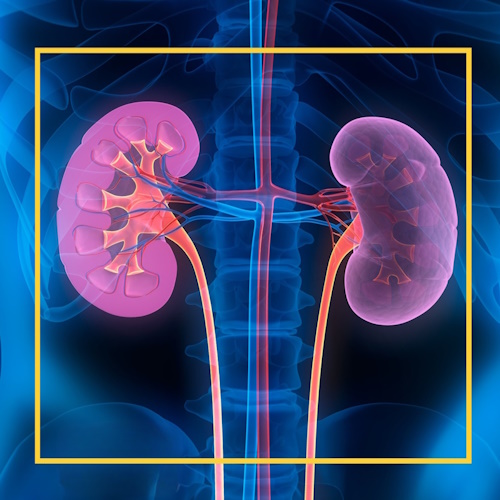Key points from article :
Professor Toru Miyazaki, a researcher at the University of Tokyo, has been investigating the AIM (apoptosis inhibitor of macrophage) protein for over 20 years, aiming to extend cats' lifespans by enhancing kidney function. AIM, a blood protein, aids in clearing kidney blockages caused by dead cells in species like humans and mice, allowing the kidney to recover. However, cats experience a unique problem: their AIM protein binds tightly to another molecule, immunoglobulin M (IgM), which prevents it from reaching the kidneys. This results in dead cells accumulating in their kidney tubules, leading to progressive kidney damage, a common cause of death in felines.
Driven by this discovery, Miyazaki founded L’Aimia in 2017, a company dedicated to developing AIM-based treatments for cats. He is working on producing a version of AIM that can act in cats’ kidneys, unclogging the tubules and potentially doubling their lifespan from an average of 15 years to about 30. This approach is expected to help both healthy cats as a preventative measure and cats with already declining kidney function. Miyazaki reported no side effects so far, though he acknowledged that cats might develop resistance over time due to antibody production. Clinical trials for this novel treatment began in 2020, with the aim to bring the therapy to market by 2022.
Beyond helping cats, Miyazaki envisions AIM’s potential for treating human kidney diseases and other ailments. His dedication to this research stems not only from his love for cats but also from his early experiences witnessing terminal illnesses among patients and friends. His breakthrough research on AIM's role in kidney disease among cats has been featured in Nature Medicine, setting a new path in veterinary and potentially human medicine.






